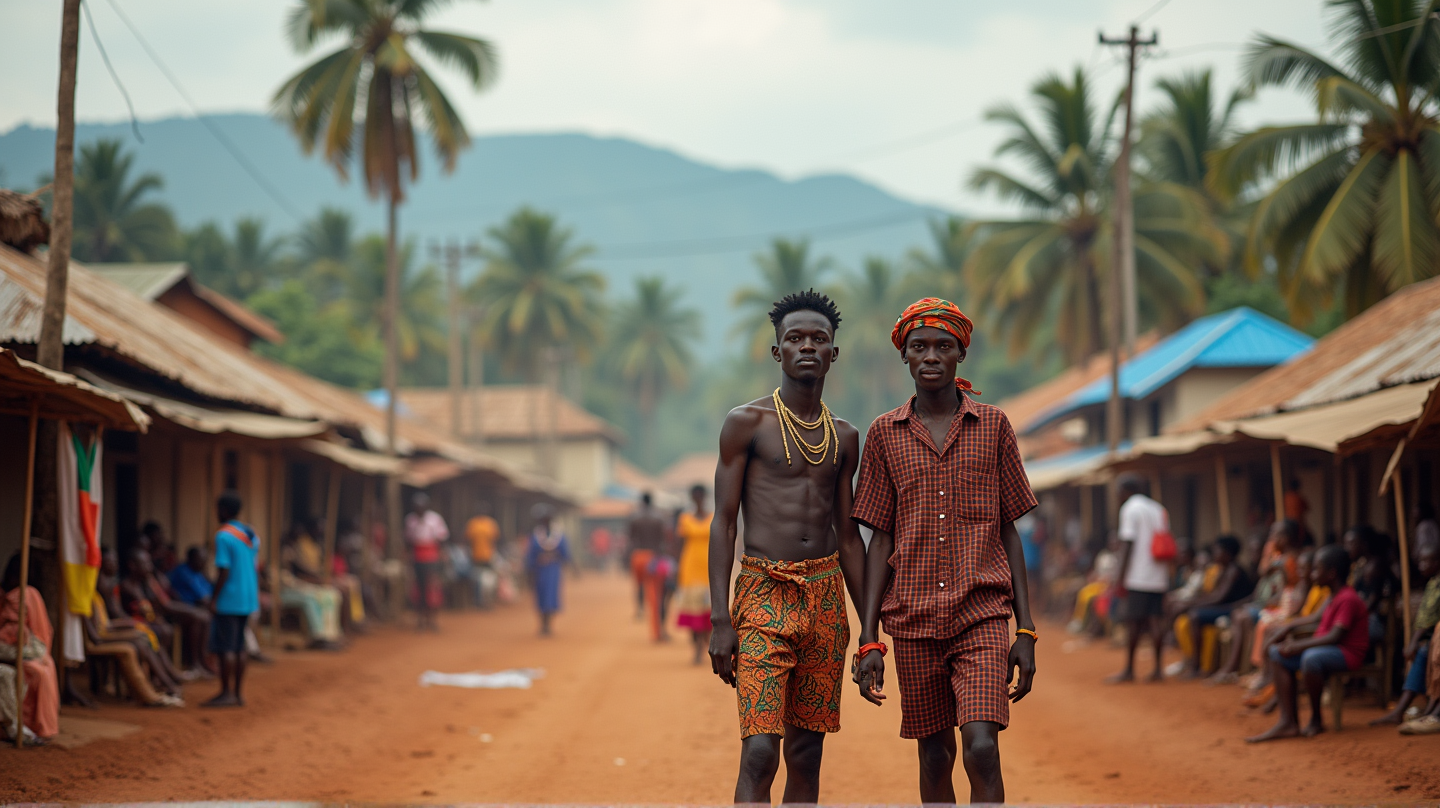Kasese's Political Pulse: Will Besigye's Legacy Persist?
As the 2026 elections loom, Kasese remains a stronghold of opposition forces. Will historical loyalty and regional grievances alter Uganda's political scene?

As Uganda approaches the critical juncture of the 2026 general elections, the district of Kasese stands as a prominent battleground for political narratives and power plays. The region’s rich electoral history suggests a deep-seated affiliation with opposition forces, rooted in cultural identity and long-standing grievances.
Historical Legacy and Current Sentiments
Kasese’s complex political situation is inseparable from its past—a region with a distinct legacy of defiance led by figures like Dr. Kizza Besigye. Despite Besigye stepping away from the presidential arena in 2021, the echoes of his influence remain strong as the district partially backs Robert Kyagulanyi (Bobi Wine) amidst pandemic constraints. According to Uganda Observer, political allegiance here runs deep, with ties forged through unhealed wounds and promises left unmet.
The Weight of Unfulfilled Promises
Promises left unfulfilled by the ruling National Resistance Movement (NRM) serve as stark reminders of neglect. Infrastructure projects such as the Kilembe Mines and promises to compensate displaced residents from around the airfield linger like specters over the electoral landscape. In an area rich in agricultural production, yet trapped in a market of low prices, farmers ask—are these promises empty sounds, or catalyst for change?
Traditional Ties vs. Progressive Prospects
The question arises: will Kasese’s voters cling to tradition, or will they lean towards platforms promoting progress and tangible change? Winnie Kiiza, a vital political voice, steers attention to the potential for transformative leadership that not only respects heritage but advocates for practical improvements. Her commentary challenges the prevailing notion that royal influence solely determines political dynamics. Voters, she argues, are driven by accountability and representation.
The Winds of Change: A Glimpse at the Future
With a rich tapestry of political players and factions at play, Kasese is a microcosm of Uganda’s larger political frame. Reflecting on past elections, Kiiza declares, “If given a fair choice, the district will place faith in those who vow to amplify their voices.” Her phrasing promises hope amidst uncertainty, hinting at the intersection of history and future aspirations.
Conclusion
As the nation watches, Kasese is poised to test the balance between legacy and change. Will its voters continue to support opposition forces that echo their grievances, or pivot towards new narratives that underscore development and responsiveness? The unfolding election will reveal not only who wins but who resonates deeply with the district’s enduring spirit.





